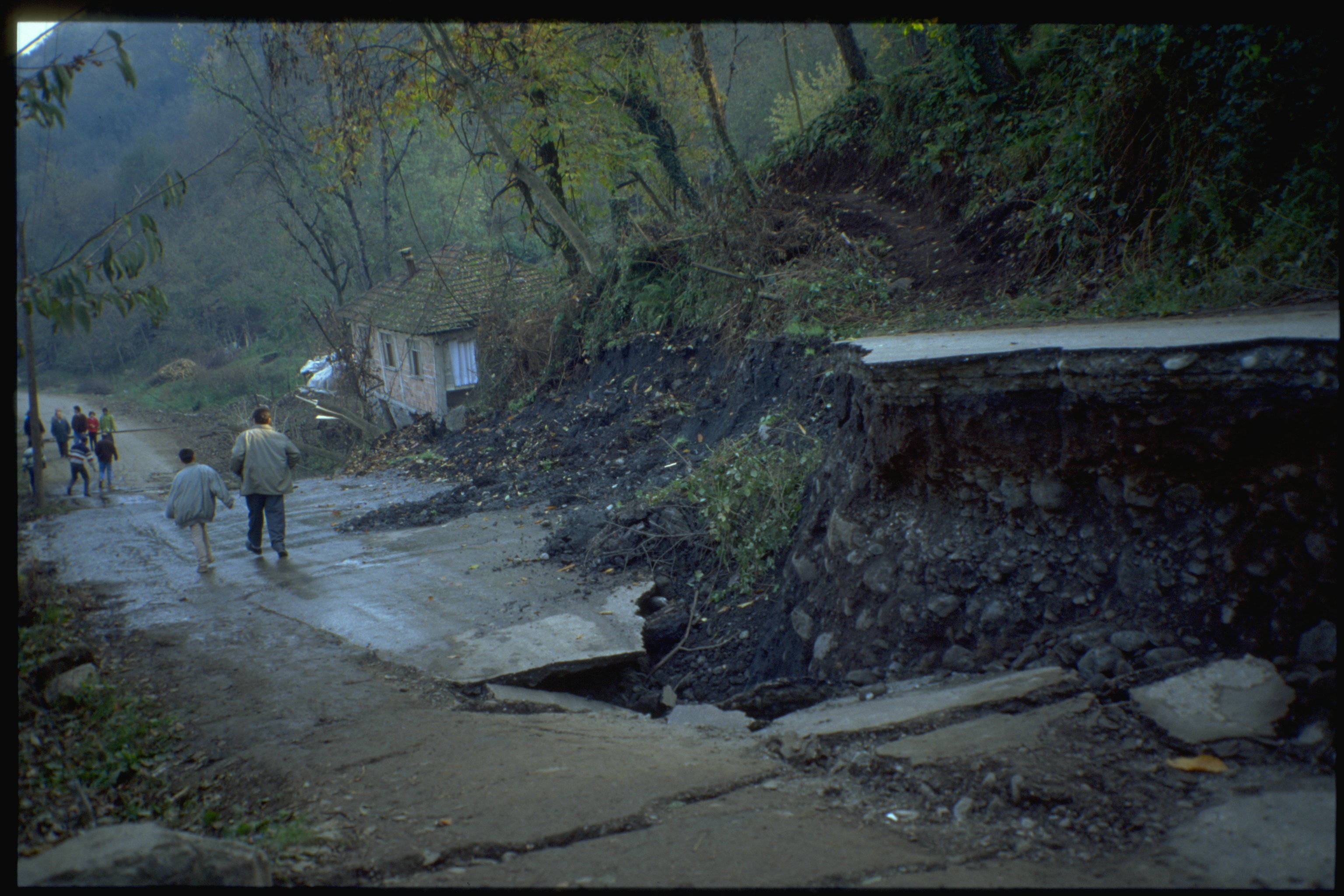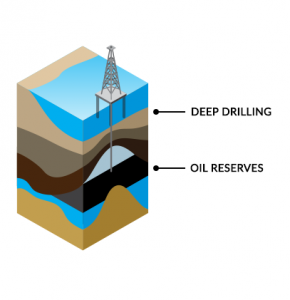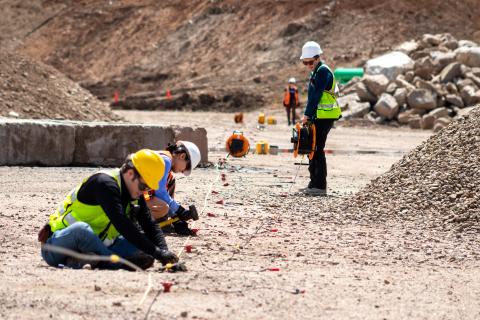All Categories
Featured
Table of Contents
Geophysical Prospecting in Joondanna WA 2020
This work is increasingly contracted out, so consultancies supply another source of work. Consultancy firms differ in size, from very small business to large multinationals. Some consultancies are rather specialised in utilizing particular geophysical techniques or operating in specific locations, while others use a more diverse range of services to their clients.
The extraction of gas from garbage dump sites is another location of work and this might grow in the future. Exploration business might carry out work for building firms, public utility, mining business and environmental agencies, so geophysicists might be employed in any of these settings. Other employers include: geological surveysgovernment bodies and agenciesuniversities and research institutes.


Vacancies might be noted in the oil and gas sector press. Recruitment is impacted by oil price changes and the level of competitors for positions varies depending on this. Careers Days, which cover the full range of geoscience professions and are typically participated in by a variety of essential market companies, are run by The Geological Society.
Glad You Asked: What Are Seismic Surveys? in Shoalwater Western Australia 2022
A few of the big oil and gas business provide a full two-year structured training program across the breadth of geophysics, including the chance to experience work in different teams prior to specialising in one location. Your training might consist of work on: existing wellsmagnetic and gravitational prospective field data analysisresearchrock analysis. It's more usual for your preliminary training to be supplied on the job.

There may be a probationary period during which you work alongside a knowledgeable associate. Competency-based appraisals occur frequently in a lot of firms. In smaller sized companies, and for scholastic posts, there is unlikely to be any official training - you'll be anticipated to start work straightaway and choose up abilities as you go along.
If you work for a smaller business, you might find that you need to take responsibility for setting up and funding your own development and training. If you have a geology degree, membership of The Geological Society can be helpful for networking and for maintaining to date with the industry.
Geophysics in Viveash Western Australia 2023
You might also find it beneficial to join the PESGB (The Petroleum Exploration Society of Great Britain, which has a geophysics special interest group. After a probationary period, and once you have actually acquired some experience, you might advance to senior geophysicist, then group leader and then into a senior function in management.
The ease of movement in between roles depends upon the business structure. Study at Masters or Ph, D level in a subject associated to geophysics or geosciences may aid with your profession advancement and progression. The employment market within the oil and gas market is extremely based on price and this might impact your opportunities for career progression.
For skilled geophysicists, freelance consultancy uses a great path for profession advancement. As a geophysicist, you're likely to have a number of tasks throughout your working life.
An Assessment Of Geophysical Survey Techniques For ... in Eden Hill Australia 2020
From geophysics, it's possible to focus on seismology (finishing more training to become a seismic interpreter) or to move into associated locations such as engineering geology or danger forecast.
Choosing what to study in college is a tough option. Even if you know that your field of interest lies in science, what program of study is ideal for you? If you make the choice to significant in physical and life sciences and pursue a profession as a geophysicist, you're getting ready for an amazing and lucrative profession.
The very first action to attaining your objective of ending up being a geophysicist is making a degree. Even for entry-level positions in the field of geoscience, you'll need a bachelor's degree (a geophysicist college degree) from an accredited college or university. Geophysicists should be able to: evaluate rocks, pictures, and other pieces of information conduct research both in the field and in laboratories create maps and charts of their findings compose reports To achieve all this, trainees require a specialized education for geophysicist careers.
As specified above, you'll need a bachelor's degree in geoscience or a related discipline, such as a physical science or a natural science, to land an entry-level job. Students can likewise prepare by majoring in topics like: Biology Chemistry Computer science Engineering Mathematics Physics The above geophysicist majors use a more generalized approach to a single scientific discipline, however most programs require students to take one or more geology course.
Latest Posts
Geophysical Survey Methods in Western Australia 2021
Geophysicist Salary in Wembley Downs Aus 2021
Bsc Geophysics in Safety Bay WA 2023